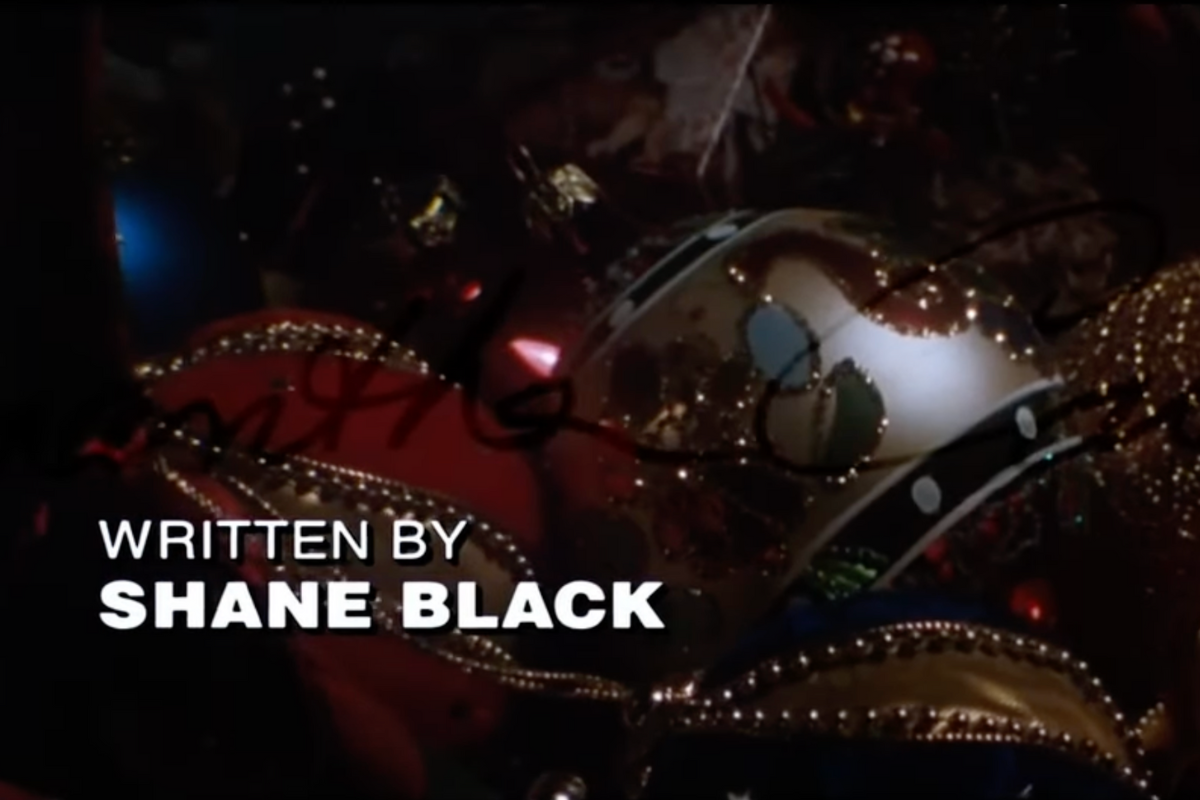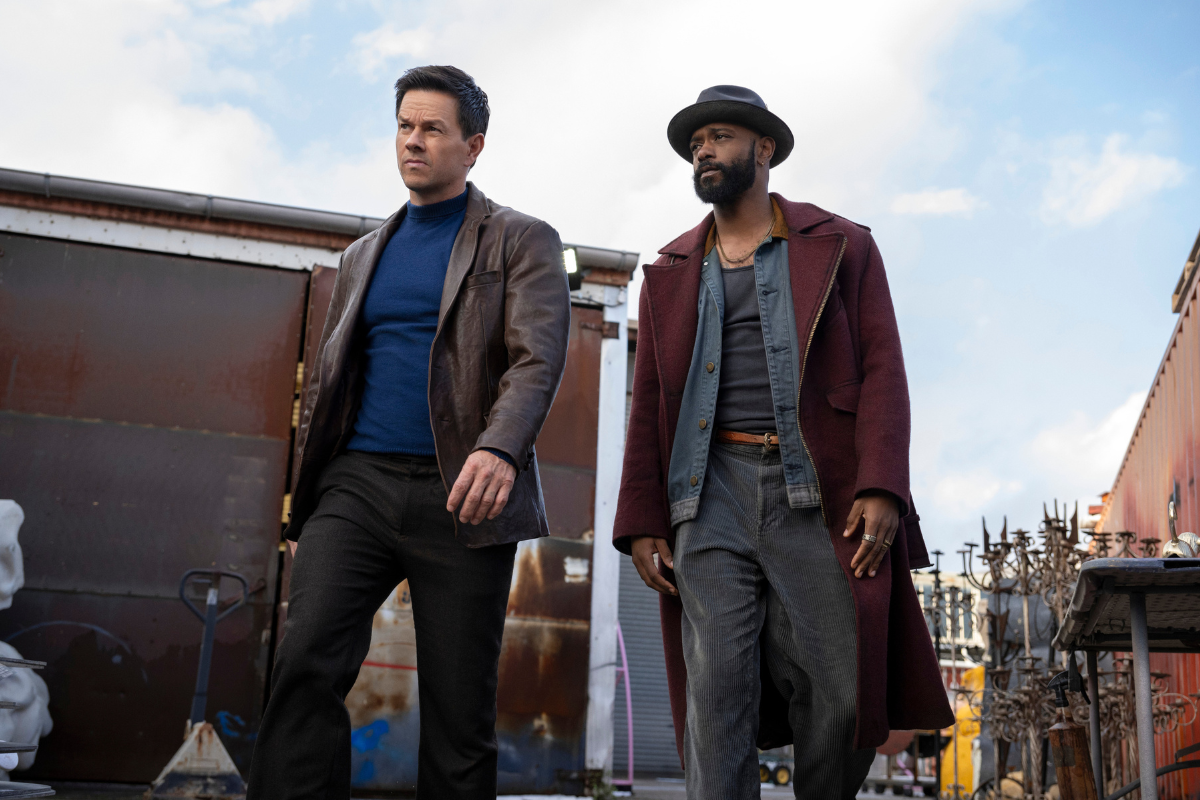Breaking & Entering: Stuck On You – The Passion Project Pitfall
Clinging to a screenplay that won’t let go? Your passion project may be holding you back. Barri Evins reveals how to get unstuck, get creative and get writing!
I’ve consulted with many writers on their first scripts. While this fledgling effort is always exciting, more often than not it’s a deeply personal passion project – based on their own experience or “inspired by true events.” Passion can drive strong work, but it can also blind you to flaws. Story problems become harder to solve when you’re emotionally attached and still learning how to write your way out of a corner.
First scripts are often born of urgency – the need to tell this story. But the harsh reality is they’re a long shot to make it. Not impossible as some of my clients have proved – but as my former bosses, screenwriters Bruce Evans and Raynold Gideon (Stand By Me, Starman, Mr. Brooks) used to say about getting anything made in Hollywood, “It’s like hitting the moon with a BB gun.” What first scripts are is a golden opportunity to grow. The trick is knowing when to let go, get unstuck, and move on to new projects.
Could you be stuck?
If you’re stuck, what might seem like tenacity may actually be a blind spot – and you might be the last to see it.
While working on this article, or rather procrastinating, I was on Reddit – I’m a bit obsessed with r/nosleep and the many, many short stories that have sold to the industry straight from there. I found a post that perfectly illustrates the point of this column. The writer kindly allowed me share:
“Like many people I started as a writer with one script, not thinking I would write more, and assuming my first script was God’s gift to cinema.
The gap between then and now, is as wide as the Atlantic.
In my experience the road across did involve learning more about structure and beats etc.; but mostly it was about getting repetitions in.
They say write seven screenplays then throw them away and you’re ready to write.
My voice was in that early content and my taste was solid, at the time people liked them. But what came after was a serious elevation.
I see a lot of new writers on here and I know it’s not what you wanna hear, but my experience and opinion is that you should focus on developing a writing process first and foremost – and let go of your need to make that first script a big hit.
Write, write and write – and think about and analyze writing. That is what worked for me.”
I’ve heard the same from A-Listers: early on hadn’t mastered their own distinctive voice and didn’t understand the themes that truly drove them – as I find all pro writers do – read these at "Screenwriters Speak". Breakthroughs come only after multiple scripts with trial-and-error or writing in the style of other writers before discovering their own.
Are You Creating New Ideas?
Here’s a quick at home test for “Are you stuck?”
Are you generating fresh ideas and dropping them into your Idea File? And yes, you must have one – read here for why and how. If not, that’s a red alert.
ABC = Always Be Creating
If your Passion Project has drowned out that little voice whispering, “Hey, this might be a good idea!” you’re in dangerous territory.
Get An Outside Opinion
Fresh eyes are invaluable. The more you rewrite a project, the harder it becomes to see clearly, think of fresh ideas, and maintain perspective. You already know what happens next, so nothing feels surprising. You boost the pyrotechnics – action, jokes, drama – and overwhelm the solid twists. It’s harder to come up with new solutions to old problems and easier just to continue to tweak what’s not truly working. What once felt like subtle foreshadowing now feels heavy-handed, so you make it more subtle to the point that readers can’t see it.
Many screenwriters turn to contests, peer groups or script swaps in online forums. The lucky and industrious few may have cultivated relationships with industry pros and can call in a favor. But for truly clear feedback, hire a professional. Not your friends or other writers who may want to spare your feelings and may not be as practiced at constructive, actionable feedback. Not your mom, because she loves everything you do sweetie.
A professional opinion is an investment in your growth. But not an anonymous one, you wanted a trusted and proven source. Ask other writers for referrals. I promise your fellow scribes will have something to say.
Listen to the Opinion
One former student told me he spent $1000 pitching his passion project through various services, receiving little more than boilerplate comments and checkboxes. Keep in mind, feedback from unknown sources may be experienced or inexperienced readers. All agreed that his concept was prohibitively expensive and too similar to a major flop. He clung to one line of encouragement from a query pass: “Not for us but maybe another studio…” He has a slew of “finished” scripts, but hasn’t submitted them for a professional opinion. His excuse – it’s so hard to know who to trust. My reply – ask writers he knows to get their opinion on who is reputable.
Different details don’t equal a different premise. Films are sold in 15-second spots, in one-sheets, in trailers. If the premise doesn’t connect with a potential audience, the project won’t sell – period. Yet this writer hadn’t written anything new in months, instead spending money in search of validation. He keeps hoping an agent will “swoop me up” – another fallacy. An agent or manager isn’t your mommy; they expect you to do the work.
The hard truth: Hollywood isn’t “looking for reasons to pass,” as he was convinced. The industry is looking to say “yes” to great ideas that can attract audiences and make money. That’s what businesses do. This is just the painful intersection of art and commerce rather than widgets and gizmos.
Get Over It!
I know – it’s easier said than done. A first project is like a first love. Letting go feels impossible.
When I was president of Debra Hill’s company, we got screwed out of a spec by a writer I had a relationship with, and had been tracking the progress with him for a long time. I called to express enthusiasm to their big, bad agent. His exact words were: “Columbia will never buy this. You can have it for Columbia.” I was crushed. Debra was far more pragmatic, having made over two dozen films from Halloween to The Fisher King. I was still setting up great projects that landed on the front page of the trades, but were not yet produced. “Get over it,” she said. Ouch. But she was right. There would be other projects. I did toughen up a bit, but not completely, because you have to care deeply to fight for a project and push the boulder uphill as it rolls down and crushes you.
The sting never fully goes away. Promising projects die painful deaths for reasons beyond your control – studio shake-ups, someone else’s flop spooking the buyer, things lose their way in development. The slam dunk sale we all dream of is utterly sweet – and most likely to implode. The spec script I once coveted was produced, but nearly unrecognizable, stripped of every ounce of its original charm and humor. Still, there are always new projects on the horizon, and occasionally, an old one will find its way back at the right moment.
Don’t Go Down with the Ship!
In his book Adapt: Why Success Always Starts with Failure, Tim Harford advocates for trial-and-error. He says success means we “first, seek out new ideas and try new things; second, when trying something new, do it on a scale where failure is survivable; third, seek out feedback and learn from your mistakes as you go along.”
For something a bit more lighthearted, Ferenc Molnár, the noted Hungarian author, playwright, stage director, and poet, compared writing to prostitution. “First I did it to please myself, then I did it to please my friends, and finally I did it for money.”
Bottom line: sometimes you have to let go of a passion project that isn’t going anywhere. It’s painful to walk away from a story you love, but essential for your growth as a writer – and the big picture of your career. And who knows, maybe you will revisit it someday, when you have more experience and more perspective!
Barri Evins draws on decades of industry experience to give writers practical advice on elevating their craft and advancing their career. Her next SCREENWRITING ELEVATED online seminar with 7 monthly sessions plus mentorship will be announced in 2025. Breaking & Entering is peppered with real life anecdotes – good, bad, and hilarious – as stories are the greatest teacher. A working film producer and longtime industry executive, culminating in President of Production for Debra Hill, Barri developed, packaged, and sold projects to Warners, Universal, Disney, Nickelodeon, New Line, and HBO. Known for her keen eye for up and coming talent and spotting engaging ideas that became successful stories, Barri also worked extensively with A-List writers and directors. As a writer, she co-wrote a treatment sold in a preemptive six-figure deal to Warners, and a Fox Family project. As a teacher and consultant, Barri enables writers to achieve their vision for their stories and succeed in getting industry attention through innovative seminars, interactive consultations, and empowering mentorship. Follow her on Facebook or join her newsletter. Explore her Big Ideas website, to find out about consultations and seminars. And check out her blog, which includes the wit and wisdom of her pal, Dr. Paige Turner. See Barri in action on YouTube. Instagram: @bigbigideas Twitter: @bigbigideas







